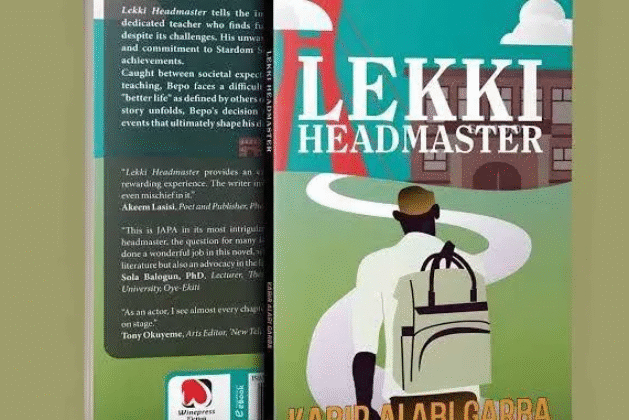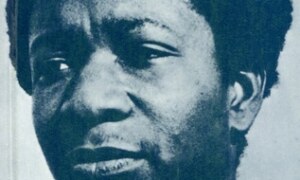Mr. Bepo finally makes up his mind to relocate to the United Kingdom, even though it is not easy for him. Once he decides, he begins to listen carefully to the experiences of people who have already “Japa” (migrated abroad).
He learns many things about how payment systems abroad are different from Nigeria. Unlike Nigeria, where workers are usually paid once a month, workers abroad can be paid hourly, daily, weekly, or monthly. Bepo likes the hourly system because it gives workers more freedom to change jobs and also keeps employers on their toes. He believes this system is part of why those countries are more developed. He hears that workers can earn between $150–$250 per day, which could add up to about $2,400 a month. Far better than the ₦1,600 average daily pay in Nigeria.
He also hears that skilled workers like doctors, nurses, and health professionals have the best chances abroad. In fact, about 1,000 out of Nigeria’s 3,000 doctors migrate every year. Many graduates also move through student visas. But some people use dishonest methods to fund their relocation. For example, one staff member at Stardom, Mr. Nku, took a ₦2 million loan from the school’s cooperative and ran away abroad just two days later. Another case was a school driver who tried to sell a school bus to pay for his son’s college abroad.
One of his colleagues, Sola, had relocated with her husband six months earlier. She comforts Bepo and assures him that things will be easier for him since his wife is already in the UK. She tells him how she and her husband had to sell all their property and even borrow ₦4 million just to fund their trip. Many couples abroad, she explains, share responsibilities. One works while the other studies.
Bepo also notices that many people relocate mainly for the sake of their children. For example, in the UK, his daughters Nike and Kike enjoy free primary and secondary education, unlike the expensive fees students pay at Stardom. Healthcare is also free, with regular check-ups for children.
However, not all the stories are positive. Some migrants struggle. Jare, a banker in Nigeria, relocated only to end up taking care of an elderly couple in London. He cried when he realised the kind of job he had to do. Another man, Hope, travelled with his wife to study for a Master’s degree. At first, his wife worked to support him, but after some months, she stopped, leaving him stranded.
These stories teach Bepo an important lesson: everyone’s experience abroad is different. He remembers a proverb his former Idoma neighbour used to say: “The same rain falls on both sugarcane and bitter leaf, but they end up with different tastes.”
The chapter also touches on how people deal with relatives. Some are willing to bring family members over, like Riike, who sponsored two of her sisters to the US. Others prefer not to.




Leave a comment